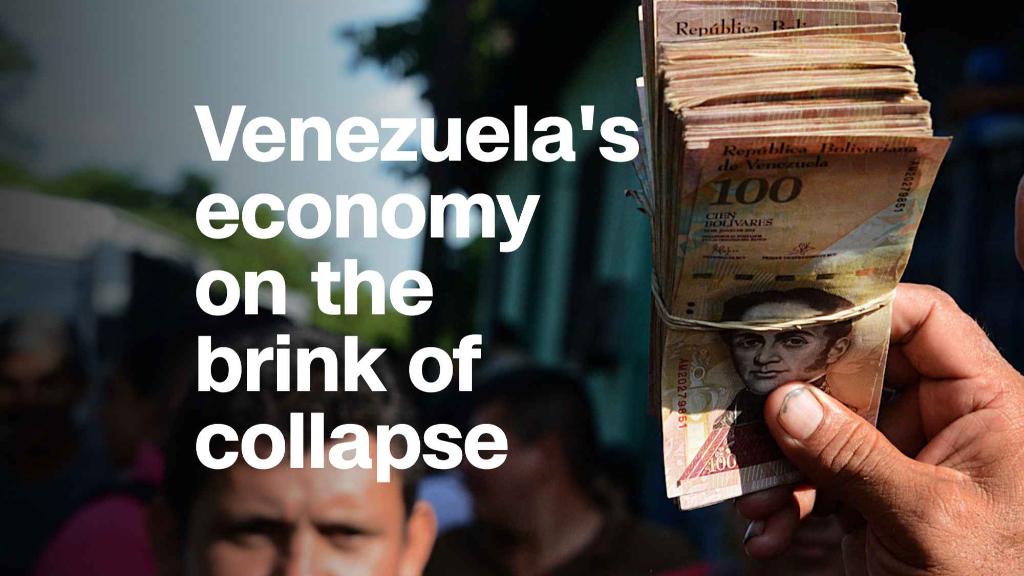
Venezuela's regime is becoming more and more isolated from the world.
The European Union sanctioned seven Venezuelan leaders on Monday, each of them accused of undermining democracy in one way or another. The EU already banned weapons sales to Venezuela in November.
The financial assets of all seven leaders will be frozen in Europe, although it's not clear that they have any.
Among the seven are Diosdado Cabello, a congressman who has held high government roles for the last two decades. Cabello is believed to have the ear of President Nicolas Maduro and to be respected by the military.
World leaders have condemned Maduro for shredding democracy in Venezuela. Severe shortages of food and medicine have gotten worse and hyperinflation has set in as the government slips further into default and crisis.
Isolation couldn't come at a worse time. Venezuela owes $141 billion to bondholders, other nations and a long list of companies, according to Moody's Investor Service. Another estimate published by Harvard Law School puts the figure at $196 billion. Venezuela has less than $10 billion in its central bank reserves, a cushion of cash for dire times.
Related: You can't get $1 out of a bank in Venezuela. I tried
Others sanctioned include Tibisay Ramirez, the head of Venezuela's election council, and Gustavo Gonzalez, who leads Venezuela's secret police, known for detaining and beating government critics.
The Trump administration has sanctioned many of the same leaders, but not Cabello. Treasury Secretary Steven Mnuchin has declined to explain why not.
The EU has not sanctioned Maduro himself, but Mnuchin did in July. Only five other sitting leaders have been sanctioned by the United States: Syria's Bashar al-Assad, North Korea's Kim Jong Un, former Zimbabwe President Robert Mugabe, former Yugoslav President Slobodan Milosevic, and Manuel Noriega, who was a military dictator of Panama.
Related: Venezuelan president offers pregnant women $3.83 a month
The Trump administration also applied strict financial sanctions to Venezuela in August, and recently ruled that Americans can't buy or sell Venezuela's soon-to-come cryptocurrency, the Petro.
It's not just Europe and the United States coming down on Maduro's regime.
Leaders from Mexico, Peru, Brazil, Argentina, Chile, Colombia, Costa Rica and Panama have all condemned the Venezuelan government's practices. Officials from Latin American countries and Canada are considering action against Maduro's government. The government has received some support from Ecuador and Bolivia.
Related: Venezuelan oil production plummets
Last July, Maduro held a vote that many say was rigged. The vote replaced Venezuela's opposition-run legislature with a body of lawmakers from Maduro's political party. Global leaders and organizations say the vote wiped out any vestiges of democracy in Venezuela.
The vote followed months of protests in which more than 120 people died.


